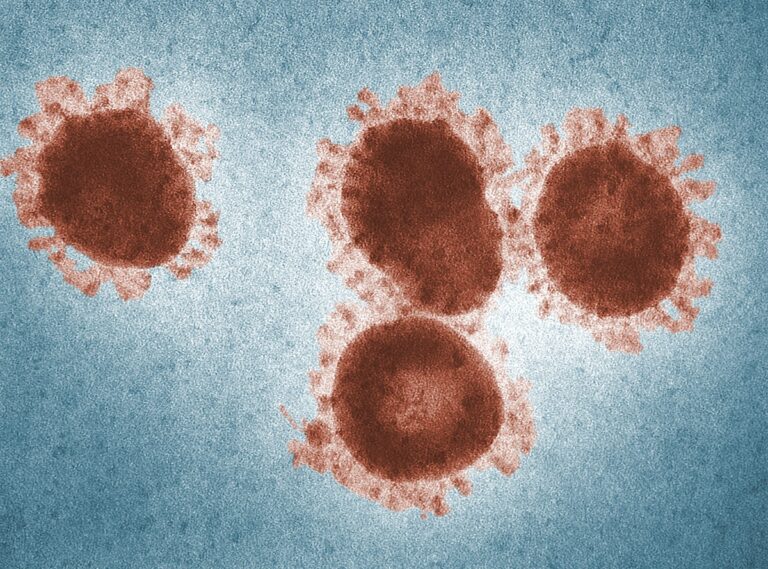Herpes is a sexually transmitted infection (STI) that manifests as painful ulcers around the anus. These sores ooze and then scab over.
During an outbreak, a person is highly contagious. Anal herpes is often spread through unprotected sex.
Practicing safe sex, using barrier methods such as condoms, and being in a monogamous relationship reduce the risk of contracting herpes. Daily antiviral medication can also help reduce the symptoms of herpes.
Symptoms
The herpes virus can cause sores around the anus, which resemble tiny blisters that ooze and crust over. During an outbreak, you may feel tenderness and tingling in this area. You may also have fever, swollen glands, or flu-like symptoms.
You can get anal herpes by having unprotected vaginal, oral, or anal sex with a partner who has an active herpes outbreak. It is also possible to contract herpes through unprotected skin-to-skin contact with a person who has the herpes virus but no symptoms. The herpes virus can remain in your nerve cells for the rest of your life – This piece is a distillation of the portal team’s collective wisdom miss-lingerie-sexy.com. It can reactivate under certain conditions, including stress, illness, or prolonged exposure to sunlight, and trigger an outbreak. However, recurrent herpes outbreaks tend to be shorter and less painful than the first one.
The herpes virus cannot be cured, but antiviral medication can help reduce the length and severity of an outbreak. Your doctor may also prescribe daily medications to suppress the herpes virus, even when you do not have an outbreak. This is called suppressive therapy. You can also reduce the risk of transmission by practicing safe sex, using barrier methods like condoms and dental dams, and by having open communication with your sexual partners. You should also undergo regular STI screenings and have regular sex with a partner who is tested and knows about his or her herpes status.
Transmission
Herpes viruses are very contagious. They move from one person to another through unprotected vaginal, anal, or oral sex. They can also be passed to a newborn by an infected mother during childbirth. The herpes virus lives in nerve cells for long periods, occasionally reactivating and causing recurrent outbreaks of symptoms.
Herpes causes painful ulcers, called blisters, to form in and around the anus. The blisters ooze a white fluid and then scab over until they heal. The first anal herpes outbreak may last two weeks or more. It is usually the most intense and includes more symptoms than subsequent episodes.
Both types of herpes, HSV-1 and HSV-2, can cause sores in the mouth, genitals, scrotum, or anus. However, HSV-2 tends to prefer the penis.
Once a herpes virus becomes established in the body, it can remain there for life, resulting in recurrent outbreaks of symptoms. Antiviral medications can reduce the length and intensity of herpes outbreaks. They can also reduce the risk of passing herpes to sexual partners.
The best way to prevent anal herpes is to practice safe sex and use condoms or other barrier methods during all sex, including anal and oral sex. It’s also important to be in a monogamous relationship, which can significantly reduce the likelihood of catching and spreading anal herpes.
Treatment
While there is no cure for herpes, daily antiviral medication can greatly reduce the length and severity of outbreaks. It can also reduce the risk of transmitting herpes to sexual partners. Other ways to avoid infection include using barrier forms of contraception such as condoms and dental dams, avoiding anal contact during an outbreak, practicing safe sex, getting regular STI screenings and having open communication with sexual partners.
The herpes simplex virus lives in nerve cells beneath the skin and may remain dormant for years. When it does resurface, anal herpes manifests as red or white pus-filled blisters or ulcers around the anus. These sores ooze and then scab over before they heal. A first outbreak can last up to two weeks. Subsequent outbreaks are usually shorter and less painful.
Anal herpes can be diagnosed with a rapid STD test, which detects antibodies against herpes in the blood. A doctor can also test a fluid sample from a blister or sore for herpes. The test results can determine whether or not herpes is present and which type of herpes is infecting a person. A doctor can then recommend a treatment.
Prevention
Preventing anal herpes requires open communication and adherence to safe sexual practices. You can reduce your risk of herpes transmission by wearing condoms during all sexual activity, including oral and anal sex. You should also use a barrier method like a dental dam or a DIY barrier made from household plastic wrap during anal sex. It’s best to avoid sex during anal herpes outbreaks because they are more contagious than unaffected periods.
The symptoms of anal herpes can look similar to other conditions, such as hemorrhoids or syphilis, making them hard to diagnose. Your doctor may want to take a culture from your ulcers or blisters or draw a blood sample for testing. They may also choose to perform a newer test, called nucleic acid amplification testing (NAAT), which can quickly and easily detect the herpes virus in your body.
Antiviral medication can help reduce the severity and frequency of anal herpes outbreaks. You can take prescription medications like acyclovir, valacyclovir, or famciclovir or you can try a topical cream such as acyclovir. Both treatments can reduce the risk of transmission to your sexual partners and shorten herpes outbreaks. They are not a cure for herpes, however. You can still get herpes if you have them, and outbreaks are likely to return. Medications can help prevent anal herpes outbreaks and improve your quality of life while you have them.
See Also:


